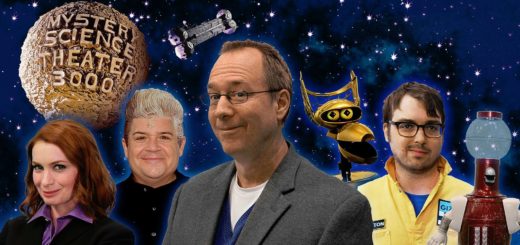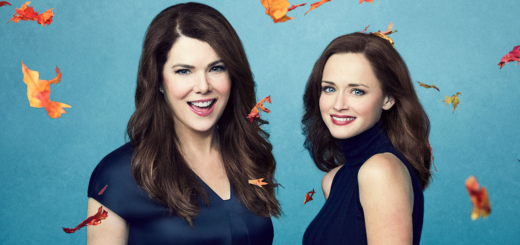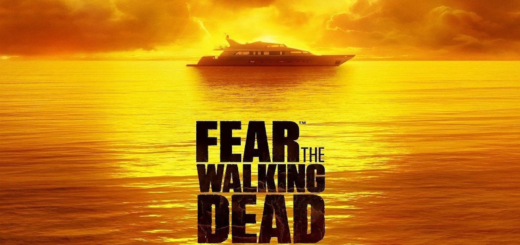WESTWORLD Season One Review
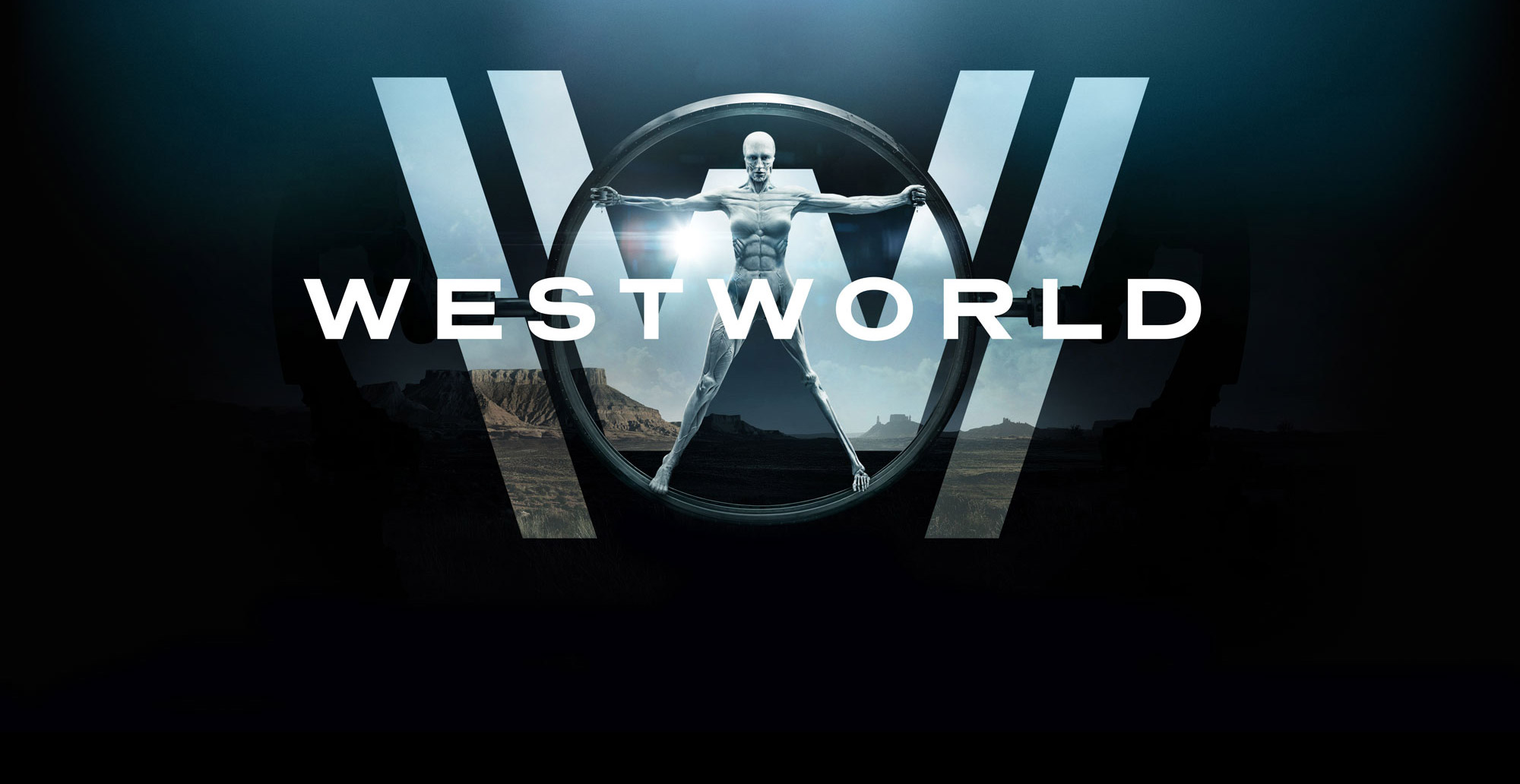
Like pretty much anyone else with an HBO subscription, I was singing WESTWORLD’s praises up and down the aisle back in October. The premiere for HBO’s aspiring champion was nearly flawless, a living example of the phrase “too big to fail.” With so much money and talent in all areas of its production, WESTWORLD was guaranteed, if nothing else, to be one of the most grandiose exercises in television ever. But making a good pilot and making a good series are two very different stories entirely, and with so many ideas bouncing around in its head, WESTWORLD proves that you really can be “too big.”
The titular theme park of Westworld is populated primarily by Hosts — lifelike robots that exist to simulate the Wild West — and guests — the wealthy patrons who pay big bucks to do with the Hosts as they please. After each day of rampant rape and murder, the Host’s memories are erased and their bodies repaired. The main thrust of WESTWORLD can essentially be boiled down to an increasing awareness among the Hosts to their hellish existence, and how that affects them, the guests, and the staff running the park. Like the film it is partially based on, WESTWORLD lays out an enrapturing canvas on which to tell its stories.
The issue that comes with having so many tools is, of course, figuring out what to do with them. WESTWORLD’s biggest problem is that it doesn’t know when to stop. Not content with the half-dozen or so plot lines initiated in its pilot, the show goes on to double that number by the season’s midpoint. Corporate espionage, sibling rivalry, romance, revenge, transcendental discovery, and existential dread are all perfectly fine subjects to stage a ten episode season of television around, but not as a bulk unit.
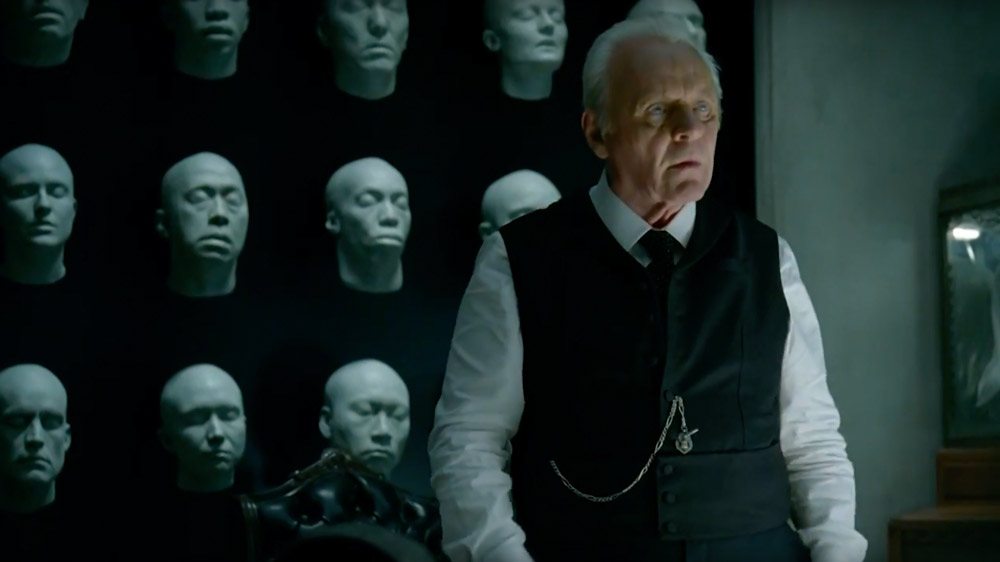
A confused Anthony Hopkins stumbles into the Temple of the Many-Faced God
WESTWORLD tries to fit a series’ worth of content into a season’s worth of airtime, and the results are often less than stellar. Focus, or the lack thereof, quickly becomes a recurring stumbling block for the show. The season begins with Dolores (Evan Rachel Wood), a Host playing the part of an innocent farm girl, firmly taking center stage as she uncovers clues about her artificial existence. Yet Dolores is quickly thrown to the side for Maeve (Thandie Newton), another self-aware Host that plots her escape from the park. Though Newton dominates her scenes, even she can’t help the fact that her character is conceptually identical, yet thematically inferior, to Wood’s, and yet it’s her hackneyed prison break tale that we’re forced to endure for most of the show.
The same can’t be said for Anthony Hopkins, whose park director Robert Ford (hyuck hyuck hyuck), is a superb role for such a titan of acting. Ford is the best kind of antagonist, one who is equally enthralling as he is repugnant, and it’s only through Hopkins’s performance that the show carries such a dreadful atmosphere. Compare that to “The Man in Black” (Ed Harris), a remorseless and sadistic guest who terrorizes the Hosts for his own secret agenda. Harris thrives on the cruelty he channels, but while his motive for tormenting Westworld’s artificial inhabitants is left as much of a mystery as Hopkins’s for the majority of the season, so too are any elements of his character, name included. Consequently, it’s impossible to care about Harris or his quest, as it all just feels like more senseless violence, and his ultimate reveal is as eye-rolling and edgy as it is predictable.
The silver lining in all of this is Bernard (Jeffrey Wright), a park programmer that ties into each of these narratives. As the only common through line, Bernard is essential for lending any sense of cohesion to WESTWORLD’s myriad narratives. Wright is the perfect fit for such a role, as his versatility augments the good and makes the bad somewhat tolerable. Going forward, I hope Wright is recognized by a wider audience for the talent that he is. Additional shout outs are also warranted for Clifton Collins Jr. and IT’S ALWAYS SUNNY’s own Jimmi Simpson for a standout pair of supporting characters that make the grind from beginning to end that much easier.
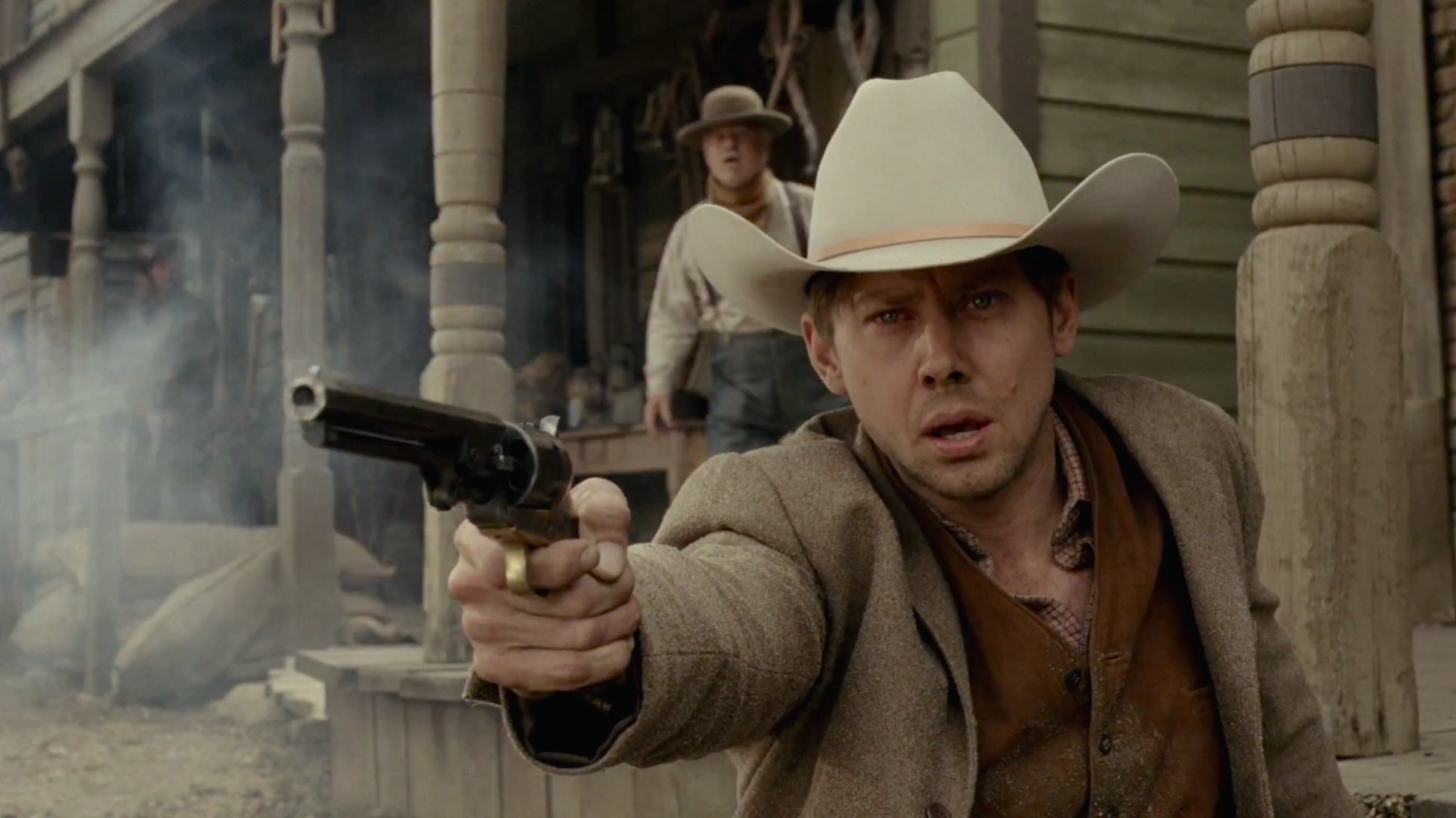
Liam McPoyle’s latest ploy gets pretty crazy
As has been made abundantly clear by now, WESTWORLD put its eggs in the “cast” basket, but didn’t necessarily come up with the appropriate storylines to keep up with the actors. Like GAME OF THRONES, any potential (of which there is a lot) is squandered by the limp writing. Dumber, more bombastic arcs are given priority over necessary ones. Like the Hosts, WESTWORLD constantly struggles to remember its true purpose, shining brilliantly when it does and falling flat in all other circumstances. It’s not just the pockets of genius lost in a sea of tripe that frustrate, but the pretensions of the show as well. “Audiences want more than tits and blood,” Hopkins says in one early scene as he dismantles the park’s cartoonishly inept screenwriter, waxing on that people want to see something real, something with meaning.
But it’s those more mindless pursuits that you’re going to get watching WESTWORLD. People have gratuitous sex, people get their heads blown off, and people have gratuitous sex while getting their heads blown off in this show, and rarely does it serve a purpose beyond ensuring the viewer is paying attention after a monologue. And even worse than THRONES, the mindless spectacle here carries an extra layer of superficiality when you consider the context of the show. Guests can’t be hurt by Hosts, who are programmed to always succumb to their human counterparts, and Hosts can’t die, given that they’ll just be refurbished immediately afterward. There are literally zero stakes, and it makes following the adventures of the guests feel all the more like a waste of time. It would be one thing if these scenes were used to subvert and attack the nature of modern television, but WESTWORLD sincerely embraces this content, indicating it lacks even that basic awareness that could elevate it to greatness.
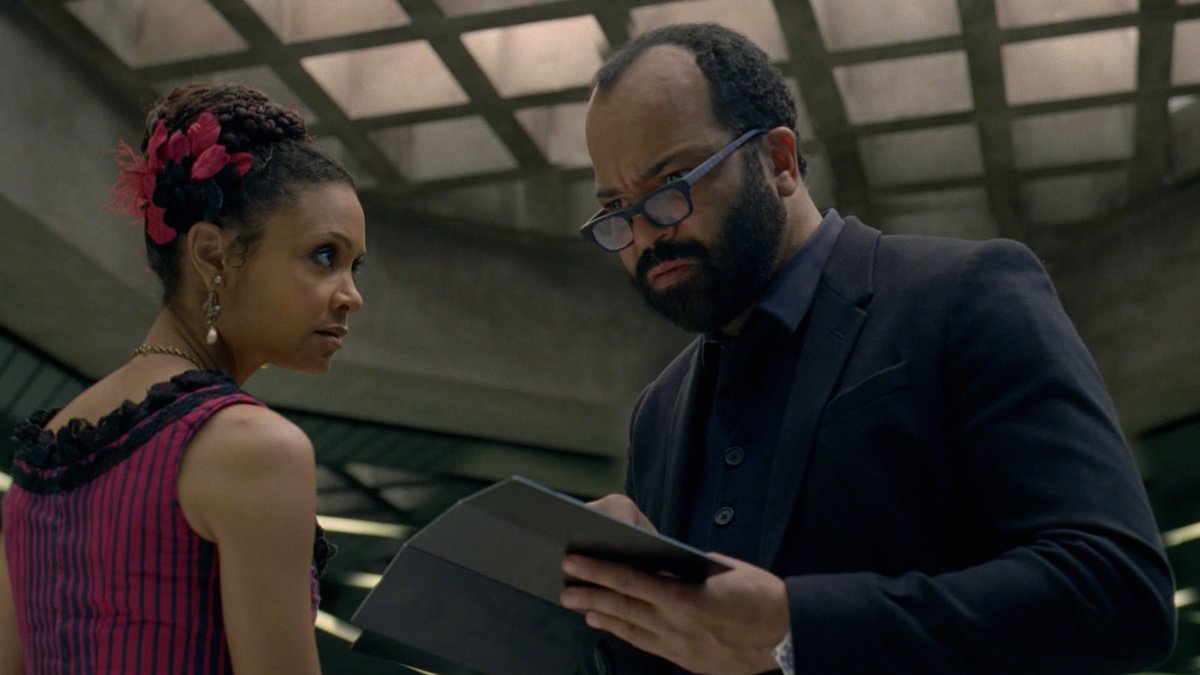
“Shit, I guess HBO is known for that kind of thing.”
To put it bluntly, save for the premiere and the finale (which are unsurprisingly the only episodes helmed by Nolan) most of WESTWORLD is filler. In total, there are probably two and a half hours of essential viewing in this season, which really raises the question: Has this iteration of WESTWORLD expanded on the source material enough to warrant an entire TV series? A refocusing on Dolores, Ford, and Bernard, with Maeve and The Man in Black being relegated to the sideshows that they are, would’ve flowed much better in a feature format than the prolonged small screen venue we got instead. Impressively, almost every plot spawned this season is resolved by the end, and the ones that don’t, well, aren’t important. And sure, maybe WESTWORLD could only exist on HBO, but that doesn’t mean that it should.
I would love to be able to recommend WESTWORLD. It is an exceptionally well-acted vehicle built on some truly fascinating concepts and ideas. But unfortunately, this is not a review of a 145 minute film, but rather the six additional hours of content that the viewer must slog through to access that tale. Like the movie it takes its name from, it becomes too obsessed with its own setting to remember to do anything interesting with it. Were this the ideal timeline, we’d be looking at a true home run of a sci-fi feature in WESTWORLD, an actual worthy follow-up to last year’s EX MACHINA. Unfortunately, we live in the bizarro universe, and were given this instead.
Verdict: Do Not Recommend

